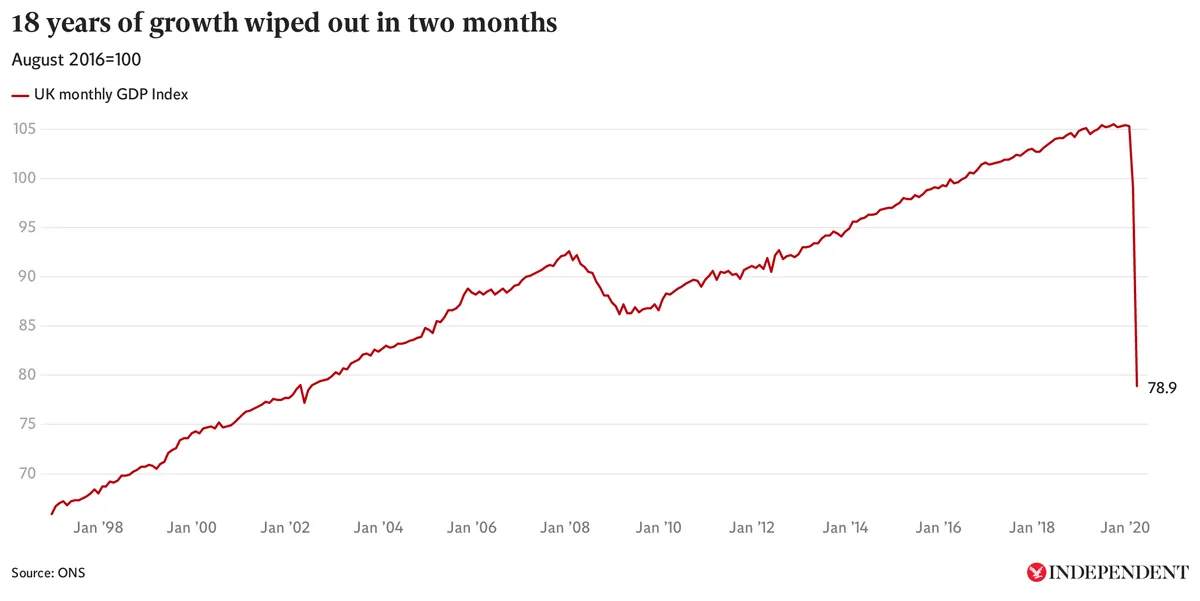Ed Miliband's Green Crusade: A Gamble for Labour's Future?
As Labour's last coal plant closes, Ed Miliband's aggressive decarbonization plans could make or break Starmer's government. The rapid transition raises concerns about energy security and affordability.

In the evolving landscape of Sir Keir Starmer's government, one minister stands out as potentially the most influential: Ed Miliband. As the UK prepares to shut down its final coal-fired power station at Ratcliffe-on-Soar on September 30, 2024, Miliband's aggressive decarbonization agenda could shape the fate of Labour's administration.
This closure marks the end of an era for a nation once heavily reliant on coal. The UK's coal industry, which fueled the Industrial Revolution and peaked in 1913 with over 1,500 pits producing 290 million tons, has seen a dramatic decline. The last deep pit at Kellingley closed in 2015, symbolizing the end of an industry that once defined British industrial might.

While other nations continue to rely on coal - China leading in new coal-fired plant construction and Germany still deriving 25% of its electricity from coal - the UK is rapidly phasing out fossil fuels. This transition, however, raises concerns about energy security and affordability.
Miliband's plan to achieve net-zero emissions within six years faces significant challenges. The UK's energy landscape is complex, with nuclear power stations closing and delays in building new ones. The goal of filling the energy gap with renewables by 2028 seems ambitious, if not unrealistic.
"Fossil fuels simply cannot provide us with the security, or indeed the affordability, we need."
However, this statement contradicts the current reality where gas still produces around 40% of the UK's electricity. The rapid phase-out of North Sea oil and gas, coupled with the ban on new licenses, could leave the UK more dependent on imported energy.
The UK has made significant strides in renewable energy, hosting the world's largest offshore wind farm and setting ambitious targets for wind power capacity. However, the speed of transition proposed by Miliband may outpace the development of reliable alternatives.
Labour's commitment to decarbonization aligns with global efforts to combat climate change. The UK was the first country to set legally binding carbon budgets with the Climate Change Act 2008. However, the pace of change must be balanced with practical considerations.
As Sir Keir Starmer navigates these challenges, he must consider the potential consequences of Miliband's zealous approach. The fate of his government may hinge on finding a balance between environmental ambition and ensuring a stable, affordable energy supply for the nation.


































